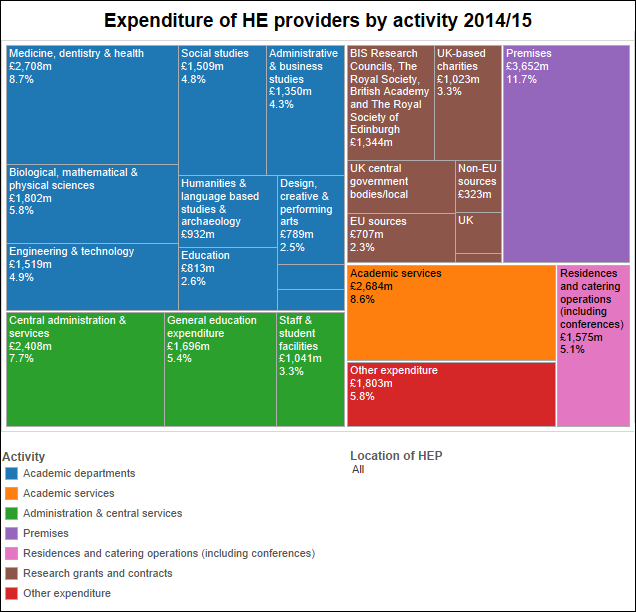The Obama administration is urging universities and colleges to re-evaluate how questions about an applicant’s criminal history are used in the admissions process, part of an effort to remove barriers to education, employment and housing for those with past convictions, in many cases for minor crimes.
Education Secretary John B. King Jr. released a “Dear Colleague” letter to universities and colleges on Monday along with a guide, “Beyond the Box: Increasing Access to Higher Education for Justice Involved Individuals.” Among the guide’s recommendations is a suggestion that colleges consider delaying questions about criminal records until after admissions decisions to avoid a “chilling effect” on potential applicants.
Noting that an estimated 70 million Americans have some form of criminal record, Mr. King said people who have been involved with the criminal justice system “continue to face significant hurdles in obtaining access to higher education or career training.”
Most universities ask questions about an applicant’s criminal record as part of the admissions process. Requests for this information have increased in the past decade or so after several high-profile instances of campus violence.
The Department of Education’s announcement, in a telephone news conference with reporters on Monday, came amid growing concerns that admissions questions marginalize black applicants. A body of statistical evidence has emerged showing that black teenagers are singled out for disciplinary action in school, and stopped and arrested by the police at higher rates than other ethnic groups.
In a separate announcement on Monday, representatives from the Common Application, used by more than 600 colleges, announced that the fall 2016 application would include a revised question about criminal history. Previously, the Common Application asked students whether they had been convicted of a felony, misdemeanor or “other crimes.” The reference to “other crimes,” deemed ambiguous, will be omitted.
The Common Application has also begun a review to determine whether additional revisions of its questions about criminal history and past school discipline questions should be made for the 2017 application, said Aba Blankson, its senior director.
The State University of New York said Monday that its 64-campus system was already reviewing its practice of asking about criminal histories. A resolution by the SUNY student assembly, adopted in March, called for removal of such questions, citing research indicating that they discouraged prospective students from applying, and that there was no evidence that admitting those with criminal histories improves campus safety.
Mr. King also said Monday that there was no evidence that such application questions deterred campus violence.
Janet Napolitano, the president of the University of California system, said in the news conference with Mr. King that the university’s 10 campuses did not include such questions because they are “not relevant to the evaluation of an individuals’ qualifications for study.”
The Lawyers’ Committee for Civil Rights Under Law, an advocacy group, said this year that it was conducting an inquiry of colleges and universities that asked what it considered particularly intrusive questions on their applications, including questions about arrests without convictions.
The “Beyond the Box” guide also recommends:
• Clearly informing potential students as early as possible in the application process about how to respond to questions about their criminal pasts.
• Ensuring that such questions are narrowly focused, avoiding overly broad requests about criminal history.
• Giving all prospective students an opportunity to explain criminal justice involvement and their preparedness for postsecondary study.
• Providing training for admissions officers and counselors on the effective use of criminal history data.
The Education Department’s initiative follows other Obama administration efforts aimed at reversing policies that limit the opportunities available to people with criminal records. The administration warned landlords this year that they cannot impose blanket bans on tenants with criminal convictions.



